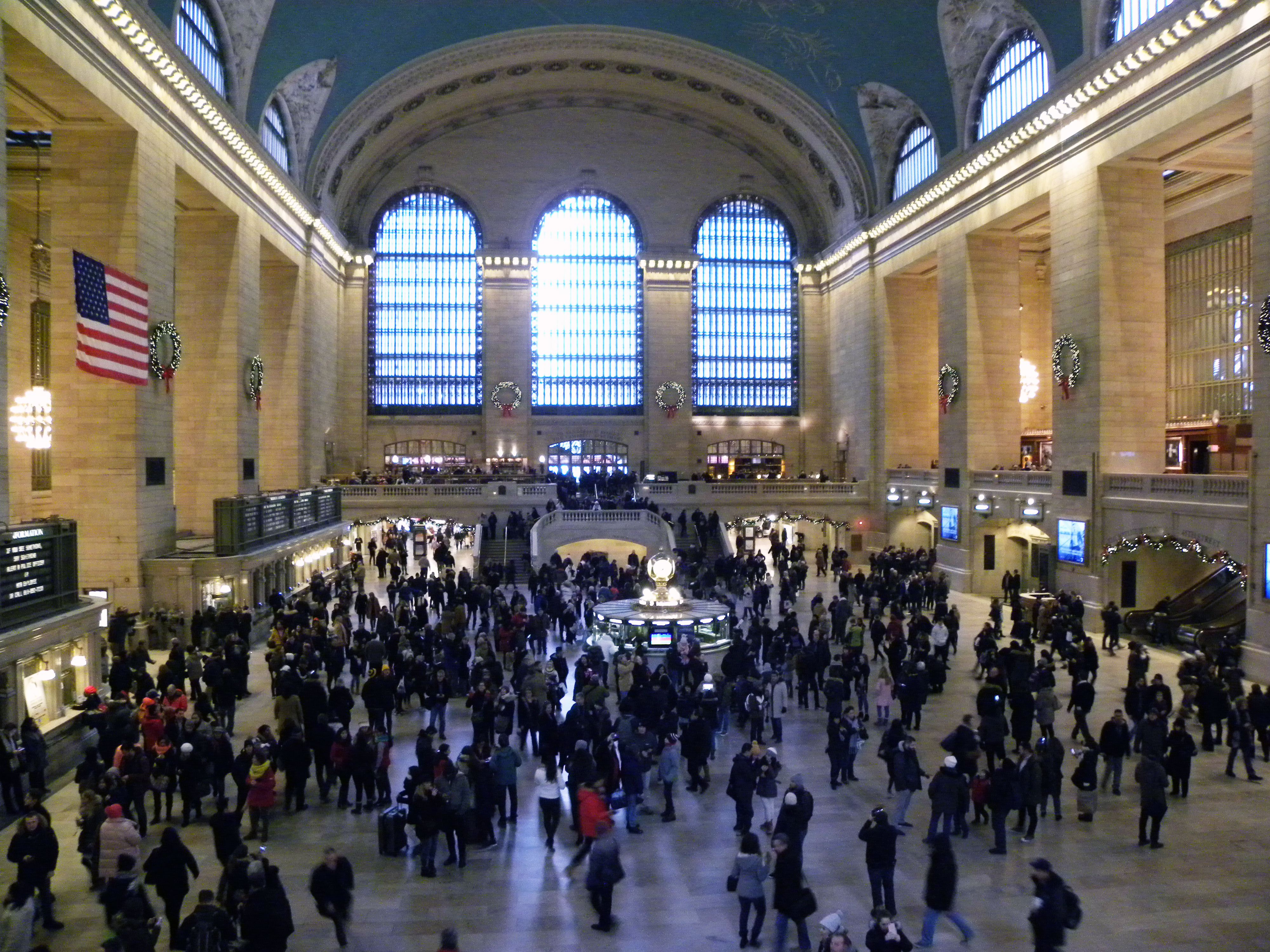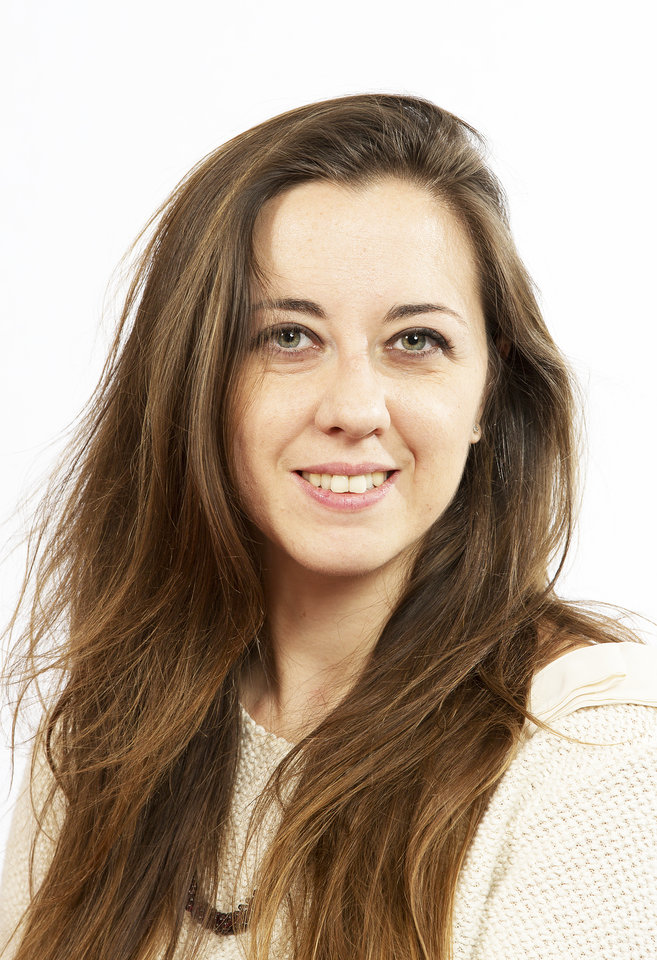Role of Stations in Future Metropolitan Areas
The research is dealing with the following themes: the role and function of the station of the future, growing number of users, sustainability challenges, urban integration and integration in the overall mobility system, accessibility to and from the stations/airport as well as between rail-metro stations and other mobility nodes (bus, bike and car sharing, on demand services...), heritage and spaces for culture, analysis on mobility trends and its implication on the design of the node. The scope of the special project is to develop a cross multidisciplinary research on urban transportation nodes (existing and under development, in both dense and peripheral urban areas). It is built upon a crossover among several initiatives that are currently running at the Faculty of Architecture and the Built Environment, AMS Institute and at DIMI.
The intentions of the cross-disciplinary program are:
- to influence/implement/contribute to the ongoing OV Toekomst 2040 policy of the I&M Ministry through a research driven approach and via design.
- to build a consortium of partners, public and private, involved in station projects
- to increase the awareness of the design potentials in order to help defining adaptive stations among city makers and involved stakeholders.
- to formulate principles for the design of resilient and time-proof intermodal urban transportation hubs
The project leaders are currently involved in the preparation of several call for projects, among others the ERA-NET Cofund Urban Accessibility and Connectivity. They submitted a proposal for the 1st stage in March 2020. Consortium: University Gustave Eiffel (FR), Delft University of Technology (NL), University of Antwerp (BE), Polytechnic of Turin (IT), University of Westminster (UK).
Below a selection of the research outputs in the last 2 years of the special project:
Publications
- Kuiper, J., Cavallo, R., de Boer, H., van der Wal, I. (2020) Smart Mobility & Urban Development in Haven-Stad, Amsterdam. Delft: TU Delft Open: https://books.bk.tudelft.nl/index.php/press/catalog/book/748
- Triggianese, M. & Cavallo, R. (2019) The station of the future; Amsterdam’s stations in transition. In OverHolland 20 academic journal. Nijmegen: Vantilt. https://journals.open.tudelft.nl/index.php/overholland/article/download/4143/4057/
- Triggianese, M., Cavallo, R., Baron, N., Kuiper, J. (2018) Stations as Nodes - exploring the role of stations in future metropolitan areas from a French and Dutch perspective. Delft: TU Delft Open.https://books.bk.tudelft.nl/index.php/press/catalog/book/682
Events
- 5 April 2019, Workshop Smart Urban Mobility-Stations of the Future at AMS Institute, with the participation of the University of Paris – Est and i-Site Future. Organizer: Manuela Triggianese
- 5 April 2019, Book Launch Stations as Nodes exploring the role of stations in future metropolitan areas from a French and Dutch perspective, at AMS Institute. Organizer: Manuela Triggianese
- 15-16 March 2018, conference/2-day seminar in Paris: Stations of the Future/Gares du futur, with Dutch Embassy in Paris, Atelier Néerlandais, Fabrique de la Cité, AMS Institute and Deltas Initiative Mobility Infrastructure, Paris-Est. Organizer: Manuela Triggianese
Education activities
- February – April 2020, MSc elective course City of Innovations project – Living Stations, the case of Rotterdam Circle Metro Line, Department of Architecture, Chair of Complex Projects (35 students). Coordination: Manuela Triggianese, Olindo Caso
- 19-26 August 2019, International Summer School Smart Mobility & Urban Development - Havenstad at AMS Institute in collaboration with the City of Amsterdam, TU Delft Faculty of Civil Engineering and DIMI. (40 participants). Organizing committee: Joran Kuiper, Manuela Triggianese, Tom Kuipers, Jan Duffhues, Maartje Meesterberends, Sanmay Shelat, Fatemeh Torabi Kachousangi
- 21-29 August 2018, International Summer School Integrated Mobility Challenges in future metropolitan areas – Sloterdijk Station Area at AMS Institute and TU Delft, in collaboration with the University of Paris Est and DIMI. (40 participants) Coordination: Manuela Triggianese, Joran Kuiper


